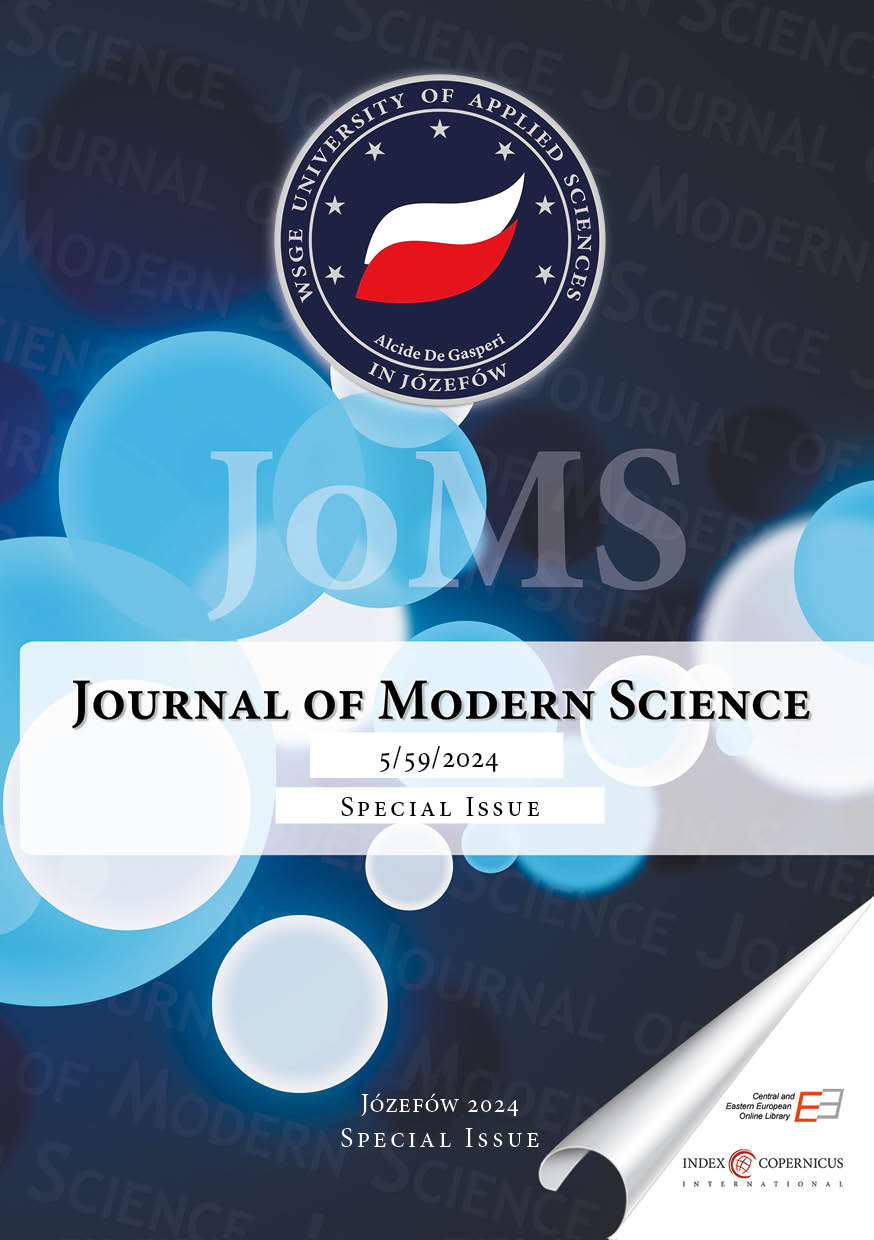De-formalization and electronicization of civil proceedings and procedural guarantees of its subjects
De-formalization and electronicization of civil proceedings and procedural guarantees of its subjects
Author(s): Tomasz DemendeckiSubject(s): Law, Constitution, Jurisprudence, Civil Law
Published by: Wydawnictwo Akademii Nauk Stosowanych WSGE im. A. De Gasperi w Józefowie
Keywords: civil court proceedings; procedural rights and guarantees of the parties; parties to the proceedings; civil case; de-formalization of court proceedings; electronicization of court proceedings; right t
Summary/Abstract: Modern civil procedure should, as an example, fully ensure the right to a court for its participants and, at the same time, guarantee obtaining a just and lawful judgment within reasonable time in public proceedings before an impartial and independent court in an effective manner. Not in every case is the overriding goal of obtaining legal protection in the form of a just and lawful judgment easy to achieve. Often, obtaining delayed protection destroys its effectiveness. An unenforceable court judgment becomes merely a "paper" one. A natural obstacle in civil proceedings, which often prevents immediate provision of legal protection to entities seeking it, is the applicable principle of formalism, expressed as a rule in the obligation to comply with the requirements regarding the form, place and time when undertaking activities, failure to comply with which may result in procedural sanctions in a given civil proceeding. The regulations introducing the principle in question are absolute in nature, they are not subject to waiver or modification. The remedy for the stiffening of civil proceedings with the "straitjacket of formalism" is its simplification (de-formalization), either by introducing new types of proceedings, shaped by special regulations differently from the regulations defining the general model of proceedings, or by introducing individual procedural institutions, the use of which in the proceedings will allow for a simpler and at the same time faster search for protection of subjective rights.
Journal: Journal of Modern Science
- Issue Year: 59/2024
- Issue No: 5
- Page Range: 31-37
- Page Count: 7
- Language: English

